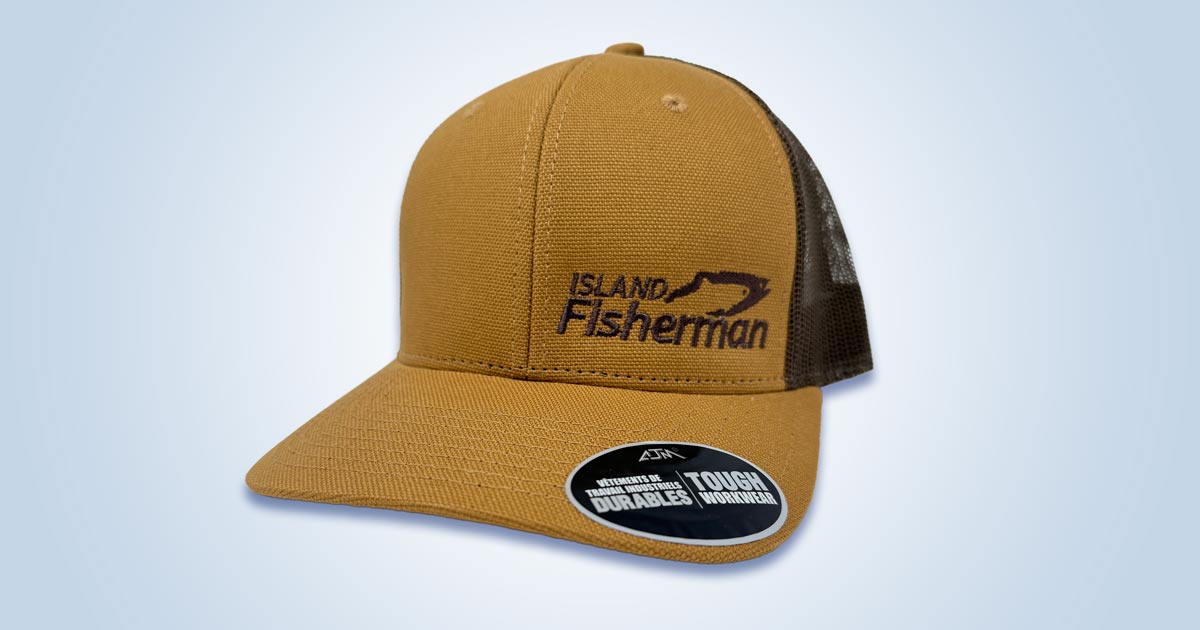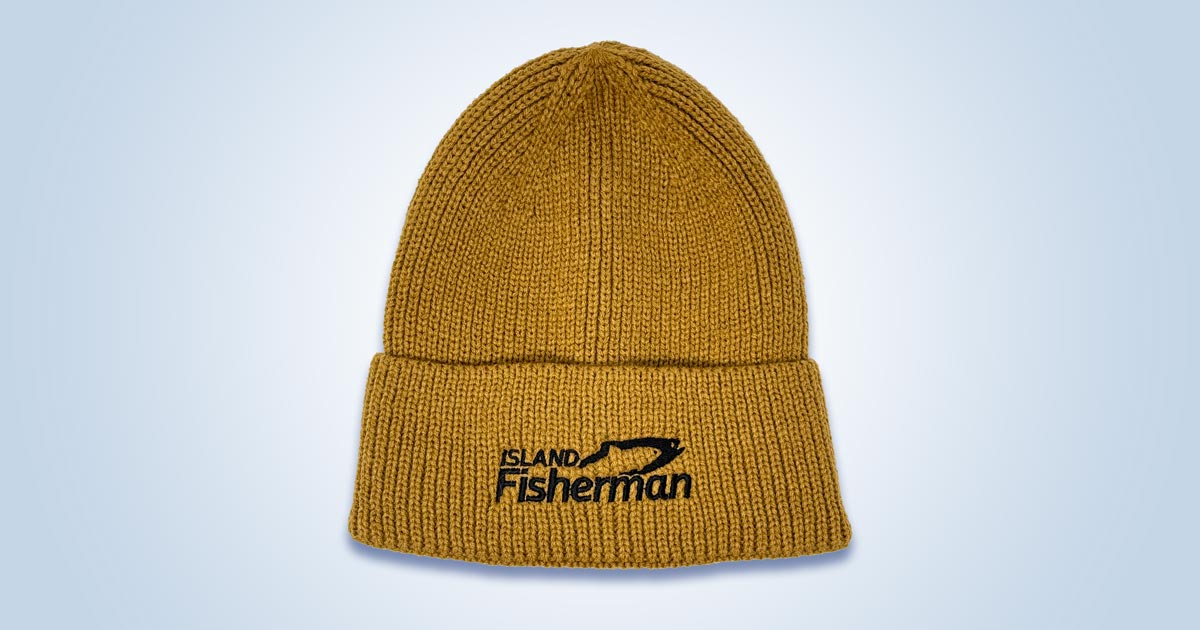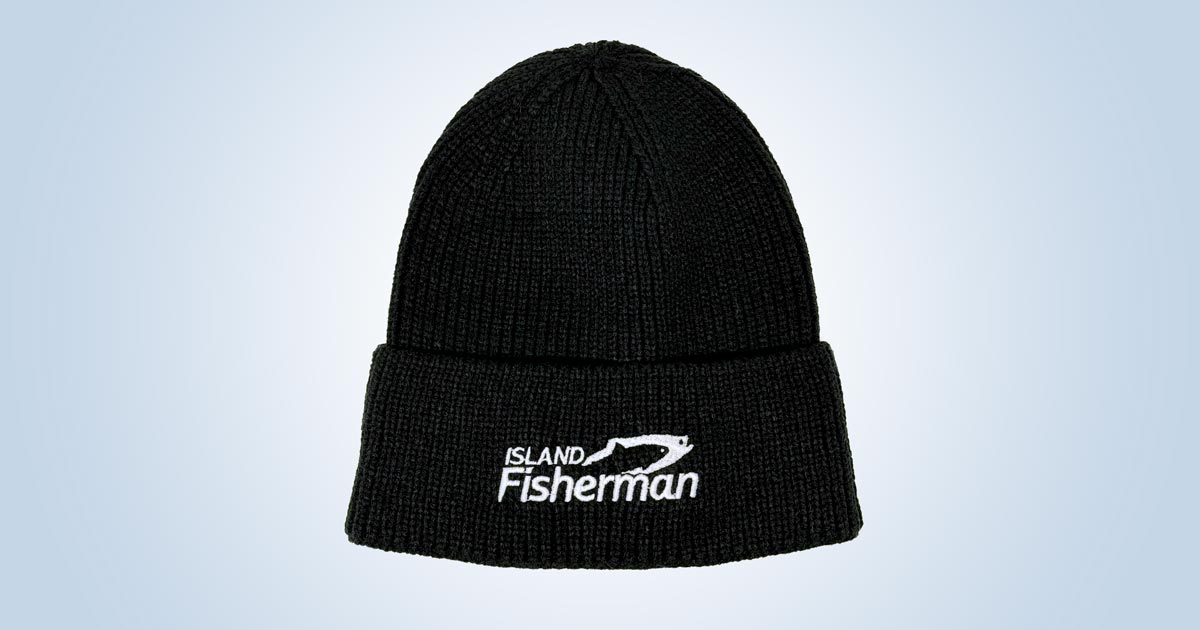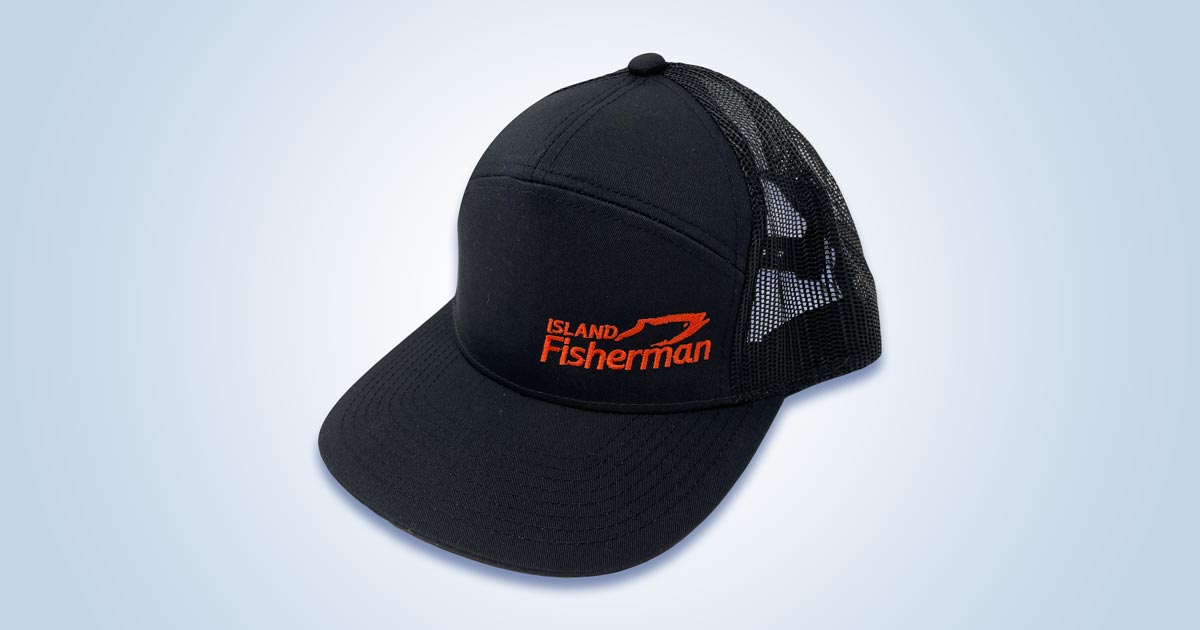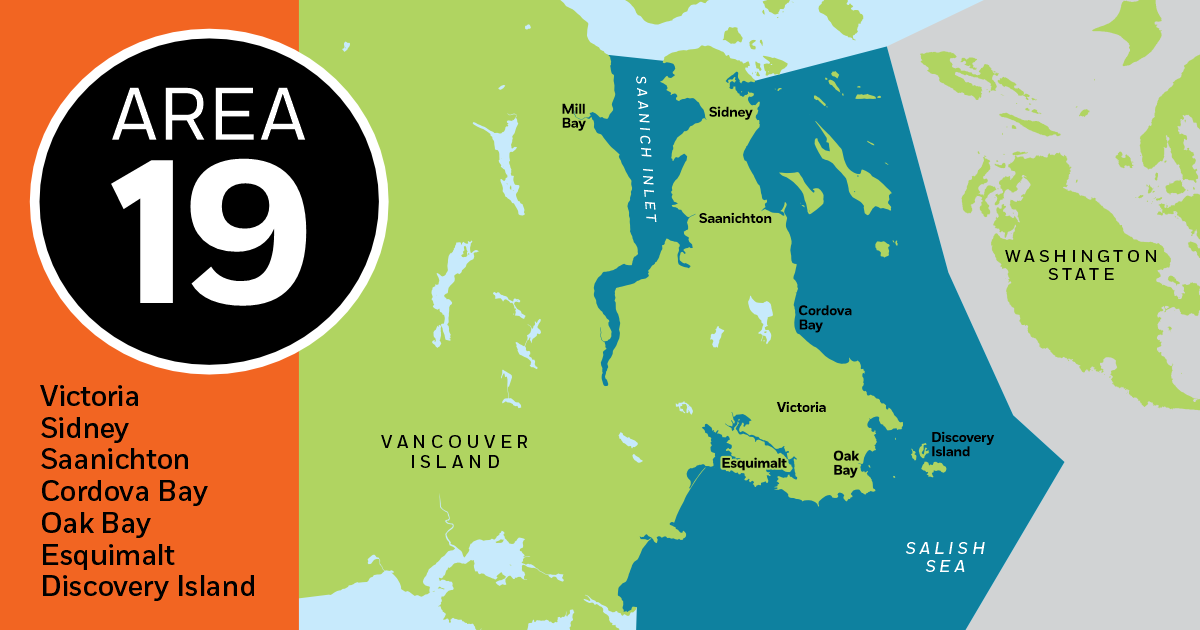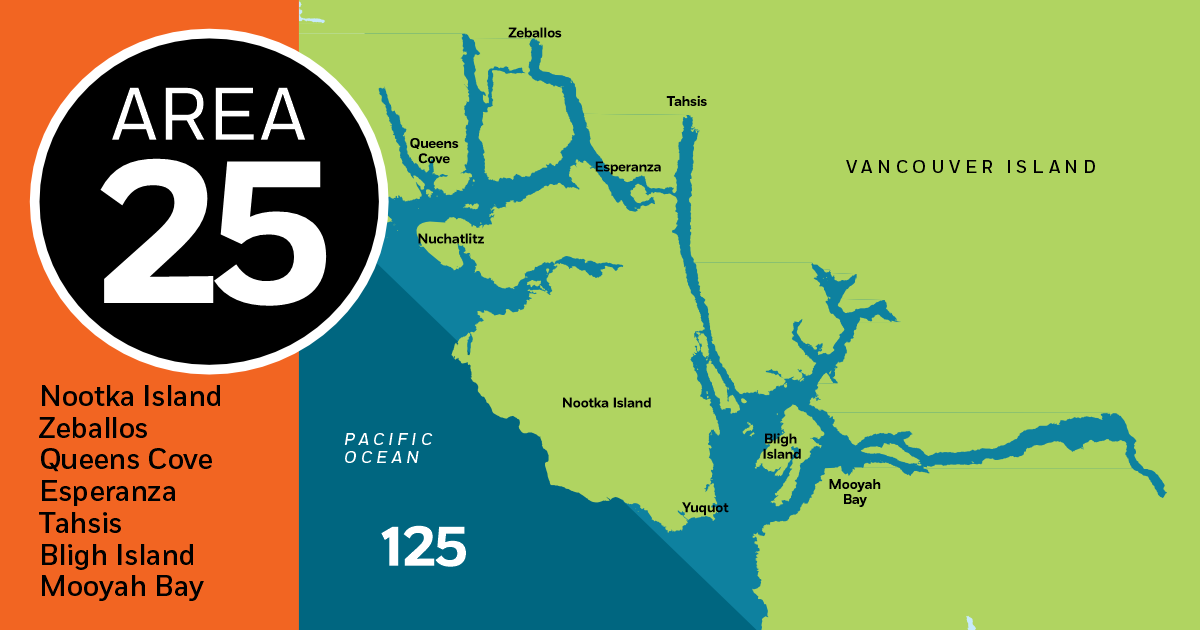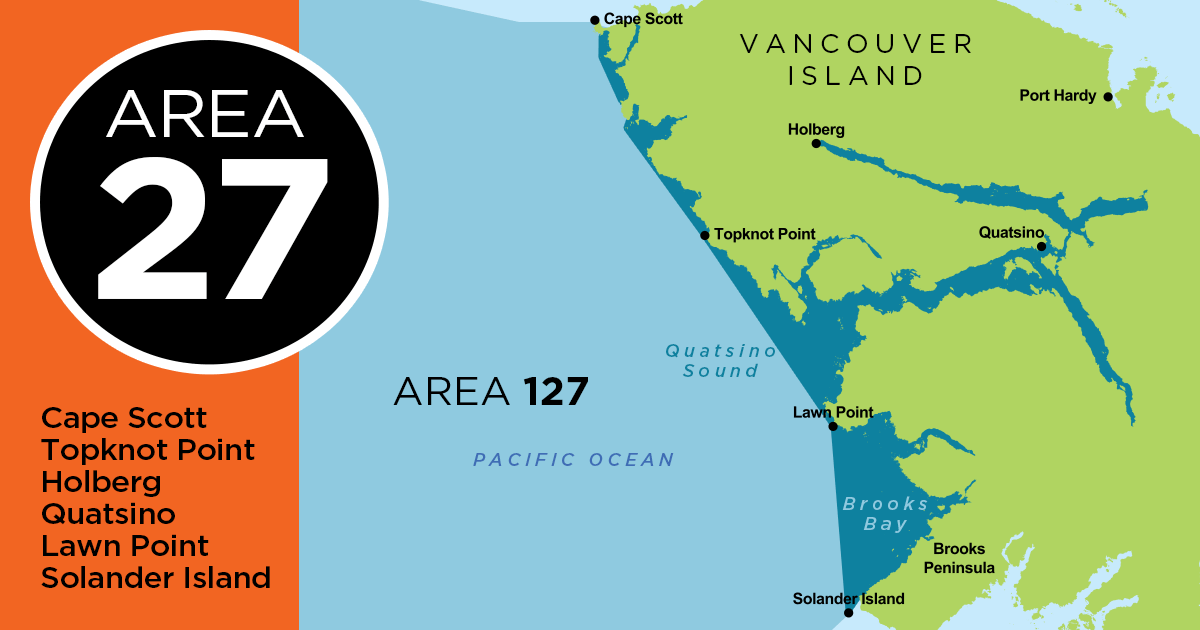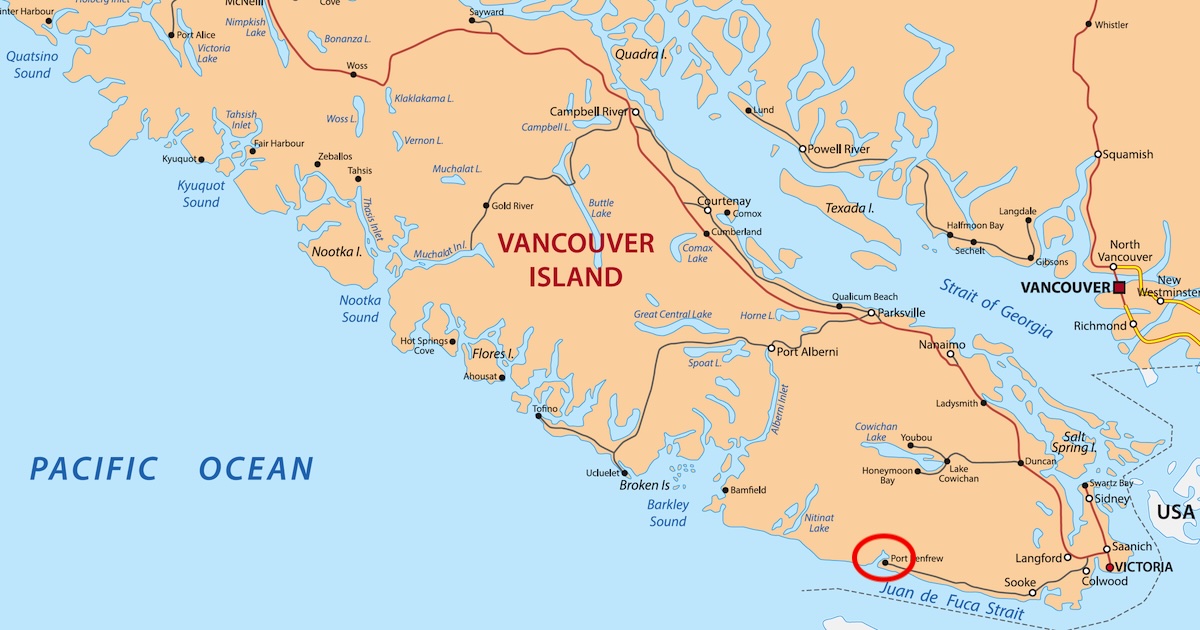
There is a David and Goliath struggle going on between Port Renfrew, a small coastal hamlet on the southwest coast of Vancouver Island with less than 500 permanent residents, and the Department of Fisheries (DFO) bureaucracies in Ottawa and the Pacific Region. The issue is over what the community sees as punitive and unsupported angling proposals for 2024 intended to protect Southern Resident Killer Whales (SRKWs).
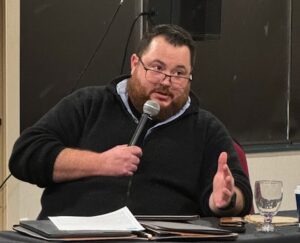
Chris Tucker, Port Renfrew Chamber of Commerce President
Port Renfrew depends on recreational angling for a significant portion of its economic activity. Its loss, according to Chamber of Commerce president, Chris Tucker, would severely impact the estimated $24 million that comes into their small community during the summer and early fall tourist fishing season.
The community, under the recently formed BC Recreational Fishing Association, has written an open letter to the Minister of Fisheries, The Honourable Diane Lebouthillier, advising her that they have engaged the services of an Ottawa law firm, to explore all avenues for preventing the implementation of the 2024 proposed regulations (letter at the end of this article). Port Renfrew is the latest voice added to a growing chorus of opposition from the recreational community to what are seen as punitive, politically driven, and scientifically unsupported salmon fishing closures intended to protect SRKWs.
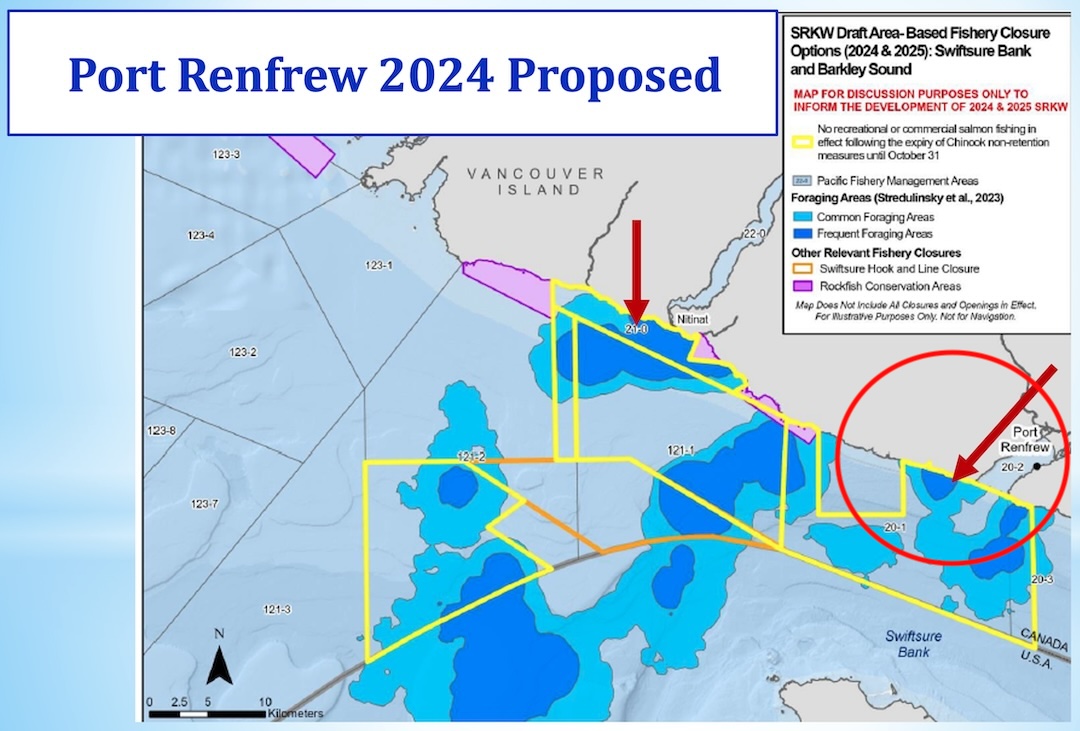
Port Renfrew in red circle
The issue centers on proposed salmon fishing closures of large and important near-shore waters. These areas are easily accessible and safe for anglers. They contend, supported by decades of angler and fishing guide observations and a study from UBC, that SRKWs are rarely present in these waters. They also contend computer models, not direct SRKW observation, were the primary tools for developing these measures. Another issue, among an extensive list of issues, cites a lack of meaningful consultation with the broader Port Renfrew community about the measures proposed, and their reliance on a poorly designed but widely circulated public survey for feedback on the 2024 SRKW management proposals.
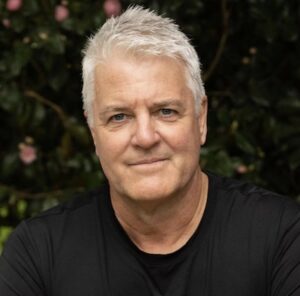
Wayne Friesen (BC Recreational Fishing Association)
This letter, written by Wayne Friesen, is clear that they want SRKWs to survive, but static closures should not be implemented in areas that SRKWs are rarely seen, especially at the expense of a community.
From: Wayne Friesen (BC Recreational Fishing Association)
Youbou, BC
wfriesenbc@gmail.com
Cell: 250-701-1114
To: The Honourable Diane Lebouthillier, Minister of Fisheries, Oceans and the Canadian Coast Guard
Subject: STOP Proposed 2024/25 Fishing Closures – Area 20 Port Renfrew – Vancouver Island
Dear Minister Lebouthillier,
I am writing this open letter to you today on behalf of the BC Recreational Fishing Association to express my deep concern regarding the proposed salmon fishing closures in Area 20, a 5 mile stretch of coastline along the west coast of Vancouver Island.
Due to the gravity of further closures, it is deplorable that senior DFO management, including Danielle Scriven and Neil Davis, have chosen to avoid meeting directly with our Port Renfrew community and the sports fishers to arrive at the best options to protect Southern Resident Killer Whales (SRKWs) and a thriving sport fishing industry. To this end, we have engaged the law firm of Gowling WLG to provide support on this cause going forward.
These unwarranted closures will have negligible effect on the recovery of Southern Resident Killer Whales but will undoubtedly have a disastrous impact the community of Port Renfrew and thousands of sports fishing anglers seeking the joys of fishing for chinook salmon. Furthermore, there is mounting evidence to suggest that the impact of chinook salmon fisheries on the recovery of southern resident killer whales is negligible compared to other factors such as increased pinniped populations, pollution, and vessel noise. Closing fishing areas without addressing these more significant threats will do little to achieve meaningful conservation outcomes for the whales.
While I fully acknowledge the importance of protecting endangered species such as the southern resident killer whales, it is imperative that conservation measures are based on sound scientific evidence and take into account the broader socioeconomical and ecological context. The decision to close chinook salmon fishing in these areas lacks such justification and threatens the livelihoods of many individuals and communities who depend on this fishery.
I urge you to put a hold on any further closures until a full review is completed which must include the appropriate working group to create a sound decision.
Considerations:
1. The “science” the DFO is using is based on modeling and not actual observations of SRKWs in the proposed closure areas.
2. The observations of Sports Fishers and DFO officers that are in the area, every day through the summer period, RARELY see SRKW’s at all, let alone do they see them foraging in these shallow waters that the DFO want to close to fishing.
3. The DFO has ignored other studies, coming out of the same UBC Research Centre, which support the on-the-water observations of Sport Fishers and DFO officers and states that killer whales forage in deeper water (ref: Holt). So again, the DFO is applying a static fishing closure to an area where SRKW activity is infrequent!
4. The DFO may place an unwarranted closure in an area that would devastate a community with NO consultation with the broader Port Renfrew community.
5. As part of the “consultation” process with Sport Fishers, the DFO used a survey to seek feedback that was completely inadequate and would have included responses from Canadians with no knowledge of the issues.
6. The DFO states there is a prey availability issue, but the DFO said no to an increase in output requested from the Nitinat Hatchery and the Ditidaht Nation?
7. The DFO has failed to address the massive increase in the pinniped population.
8. The DFO is impacting thousands of families and our children that fish in the Port Renfrew area for the opportunity to catch a chinook salmon which provides an important and engaging activity to get away from “the screens” and enjoy the great outdoors.
9. There is no current evidence to prove that static fishing closures provide any more protection for SRKWs than the Avoidance Bubble Zone management and there is no way to determine in the future if these measures will have any impact.
Recommendations and Solutions:
1. Maintain the 2023 status quo for Area 20 for 2024-25.
2. Open Area 21 for chinook salmon retention with the 2022/23 regulations in place.
3. Create a more functional and representative working group to include Sports Fishers and initiate a full review of the Chinook salmon fishery and SRKW recovery.
4. Replace “static closures” with the appropriate Avoidance Bubble Zone management.
5. Replace the current “feedback” mechanism with a more collaborative and inclusive process.
I trust that you will give this matter the attention it deserves and take appropriate action to ensure the sustainable management of our fisheries while safeguarding the biodiversity of our oceans including the recovery of the Southern Resident Killer Whales.
Sincerely,
Wayne Friesen
Visit the Store
$34.99
$34.99
Featured Catch
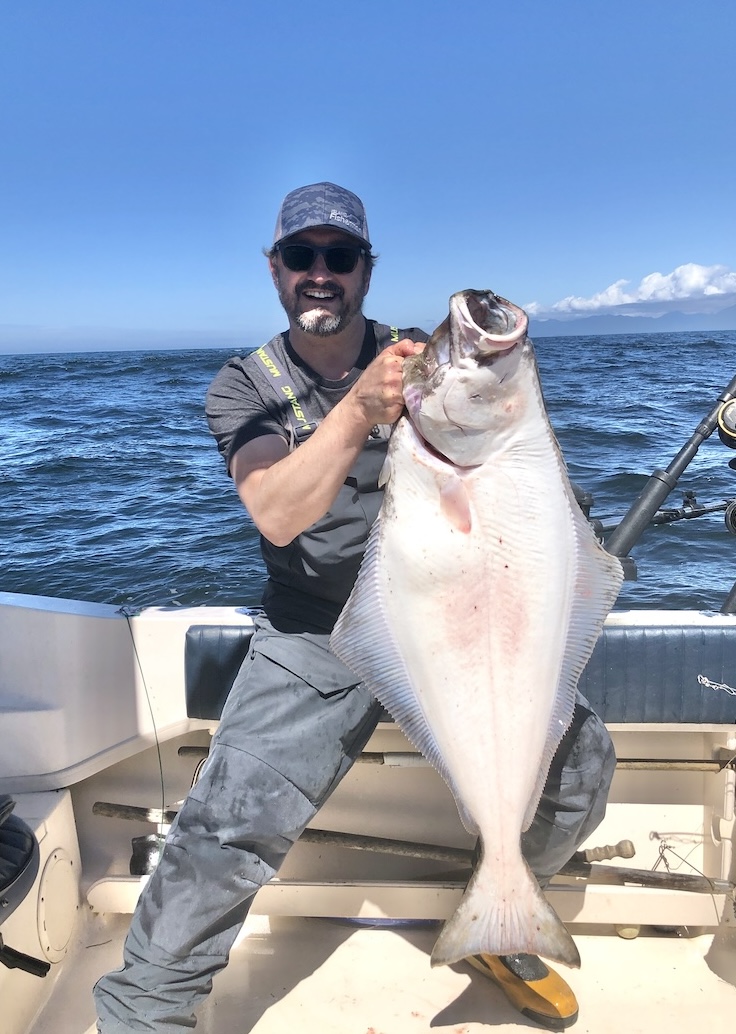
Joel Unickow halibut (Photo: Rob Frawley Lucky Strike Sportfishing Tofino)

